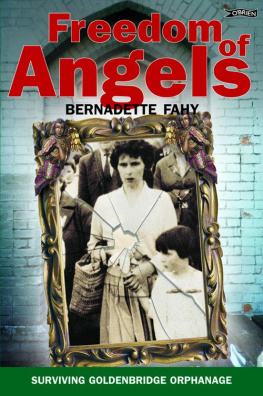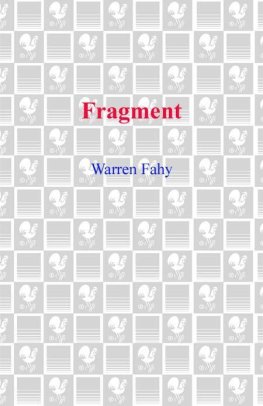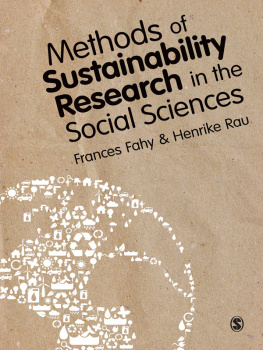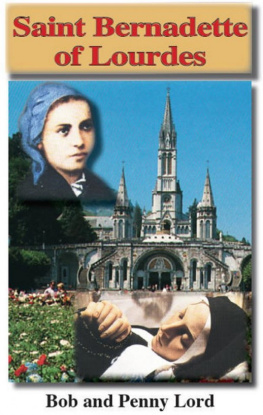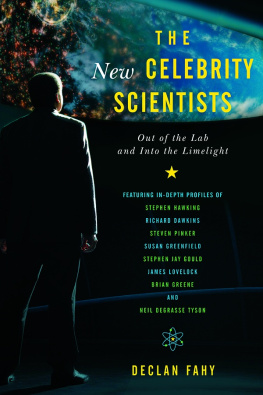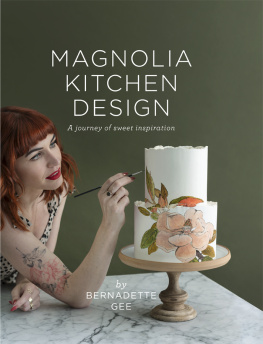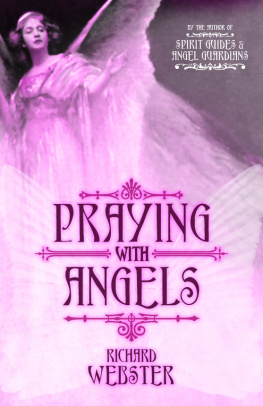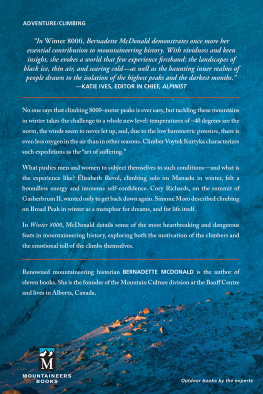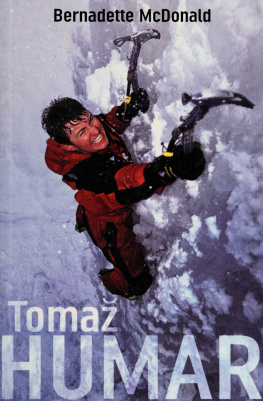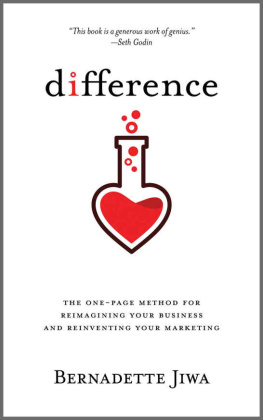Over the many years that I have been researching the subject of institutional abuse, many individuals gave generously of their time and personal recollections. It was often extremely painful for them to reopen old wounds which some thought were long since hidden or buried. Their honesty and courage in opening their hearts and minds to me about the horrific stories of their childhood spent in institutional care I trust and hope was ultimately a healing experience for them. To them I give my sincere and personal gratitude for the privilege of allowing me to share their experiences.
To my brothers Christopher, Michael and their families I say a special thank you for their support, especially to Christopher who patiently tutored me in the art of computing. To my extended family of supportive relatives I also say thank you. I also want to thank my neighbours Peg, John and Frances who kindly fed and nurtured me throughout this project.
A heartfelt appreciation is given to P.J.Cantwell, manager, and Sylvia Graham, assistant manager, at TSB bank, Inchicore, for their encouragement and support without which this project could not have materialised. I wish also to acknowledge the healing power of those many people who helped sustain me and the thousands of other people who were raised in institutions all over Ireland and elsewhere. I want them to know that the love they imparted was a source of inspiration to us and went a considerable way towards healing the hurt of our early lives. This book would not have been written without the commitment of my publisher Michael OBrien. I very much value the practical support, advice, time, patience and reassurance that de n Laoghaire, my editor, gave throughout the writing of my story. To all the staff at OBrien Press who were always cheerful, courteous and helpful to me, I say a big thank you.
Last but not least I wish to thank Carmel McDonnell Byrne for her administrative skills and file retrieval systems. A special acknowledgement is offered to my four-legged angel Jefra, my faithful dog, who sat patiently at my feet throughout the writing of this book.
I entered Goldenbridge orphanage in my communion outfit. My mother dressed me that morning as usual. I remember wearing my black patent leather shoes and white socks. My mother had knitted the socks herself beautiful socks they were, plain at the foot, with a fancy pattern up to the top. I still remember how comfortable they were, and how white. And my first communion coat. It was a beautiful coat light beige with dark stripes going down it and across it, and a lovely fur collar. My mother dressed my twin brother, Michael, in his communion suit. I dont remember what my other brother, just a year younger than us, had on him, but no doubt he was suitably attired for the occasion. My youngest brother, Christopher, who was just 16 months old, was dressed in a red and white one-piece outfit that made him look like a little Santa. Thus we were delivered to the orphanage at Goldenbridge.
We spent the previous night at the house of a friend of my fathers. Rather, some of the family did. I spent the night in my fathers taxi. I remember the leather of the seats beautifully stitched, brown leather. The car was very comfortable. I can see my father in the drivers seat, just looking out through the windscreen. It was a dark night, and he continued to look straight ahead. I concentrated on the back of his head. He didnt utter a word to me or my twin brother. Its as if we werent there. I like to think that he was reflecting on the family situation and wondering what to do about it. We children didnt speak to each other either. Silence reigned. In my head, however, I was very conscious that I was badly in need of a toilet. I held on to this feeling for what seemed like a very long time. Perhaps I thought it was too late to disturb the household. Whatever the reason, I didnt feel it was okay to tell my father. I sensed that something was seriously amiss. Then all went blank.
My twin, Michael, recollects that next morning, after preparing us, our mother and father took the four of us to the Dublin Health Authority in Lord Edward Street, in the heart of Dublin. There we waited for hours with my parents. Then we all got into my fathers car to go to the orphanage. We children had no idea where we were going, but we were soon to find out.
We were taken to a place full of large, grey buildings. As I remember it now, the orphanage stood behind the convent, hidden from view as you went down the driveway. It was a tall, austere, grey building contrasting sharply with the convent building, which was more pleasing to the eye and faced the wide avenue. It was enormous, so big that the tallest adults looked tiny against the huge grey backdrop. The lowest windows were so high off the ground that visitors could not see through them. Whatever the place looked like to adults to us small children it looked menacing and threatening.
It was the afternoon of a summers day, 5 June 1961, just four days before my seventh birthday, when we turned in at the gates of Goldenbridge, passed the sign which proclaimed it as an establishment of the Sisters of Mercy, and drove along the wide avenue to the orphanage. A nun met us at the front door. She took our coats and put them away. They were stored in a small room with racks on the walls, racks too high for us children to reach. The interior of this room was revealed to us only when new children came and had their coats stored in the same ritualistic way. These coats now belonged in another, lost world, that world we had just come from, a world that was no longer ours, though we did not yet know it. We belonged to the Sisters of Mercy now.
That is where my memories of Goldenbridge begin. A woman took us by the hand and led us along a corridor. She was gentle at the time and I wasnt frightened of her. She took us to a yard which was full of children. It was an eerie scene. For one thing, the children were quiet. There was none of the dashing about, the chattering and the screeching you would expect to find. At one wall was a big door with three steps leading up to it. On the steps were what looked like hundreds of shoes, all lined up in pairs. Two girls sat on the steps polishing the shoes. The other children stood around in their socks, waiting.
The woman put us on swings. Then she went away. I noticed another odd thing: there were all those children in the yard, yet the swings were empty. There was an enormous roundabout in the middle of the yard. That too, stood empty. I sat motionless on the swing, looking about me at the silent children and at the girls polishing the shoes. I had absolutely no idea what I was doing there.
Suddenly we were all in a big recreation hall, which we later came to know as the Rec. The room itself was enormous with a hard wooden bench around three of its sides and a stage at the top. The ceiling was striking in that there were narrow bars right across it, and I used to wonder if they were used for hanging people in the old days. The Rec was the largest room in Goldenbridge and it was intended as a playroom for us hundreds of children when it rained outside, as it often did. I was to come to know this room very well indeed. It would be the setting for some of the worst scenes of terror I would see in Goldenbridge.
You could say that the immediate cause of our incarceration in Goldenbridge was that our aunt and uncle couldnt keep us at their house anymore. We had been living there, my mother and my brothers, after our father had walked out on us yet again. He had left us, a few weeks earlier, to return to his other family, his real wife and the children of their marriage. My brothers and I didnt know anything about all of this; we thought we were his family. My father was one of those men who had two families; the others were the legitimate family. My mother knew about it, and spoke about it on rare occasions after we left Goldenbridge. My father simply walked away from his responsibility for us. Walking out on us meant walking out on his obligation to pay the rent on our home in Ranelagh. Thats how we ended up in my aunts house, a house which already had plenty of children to be catered for. Soon it all became too much for her, and we had to go.

